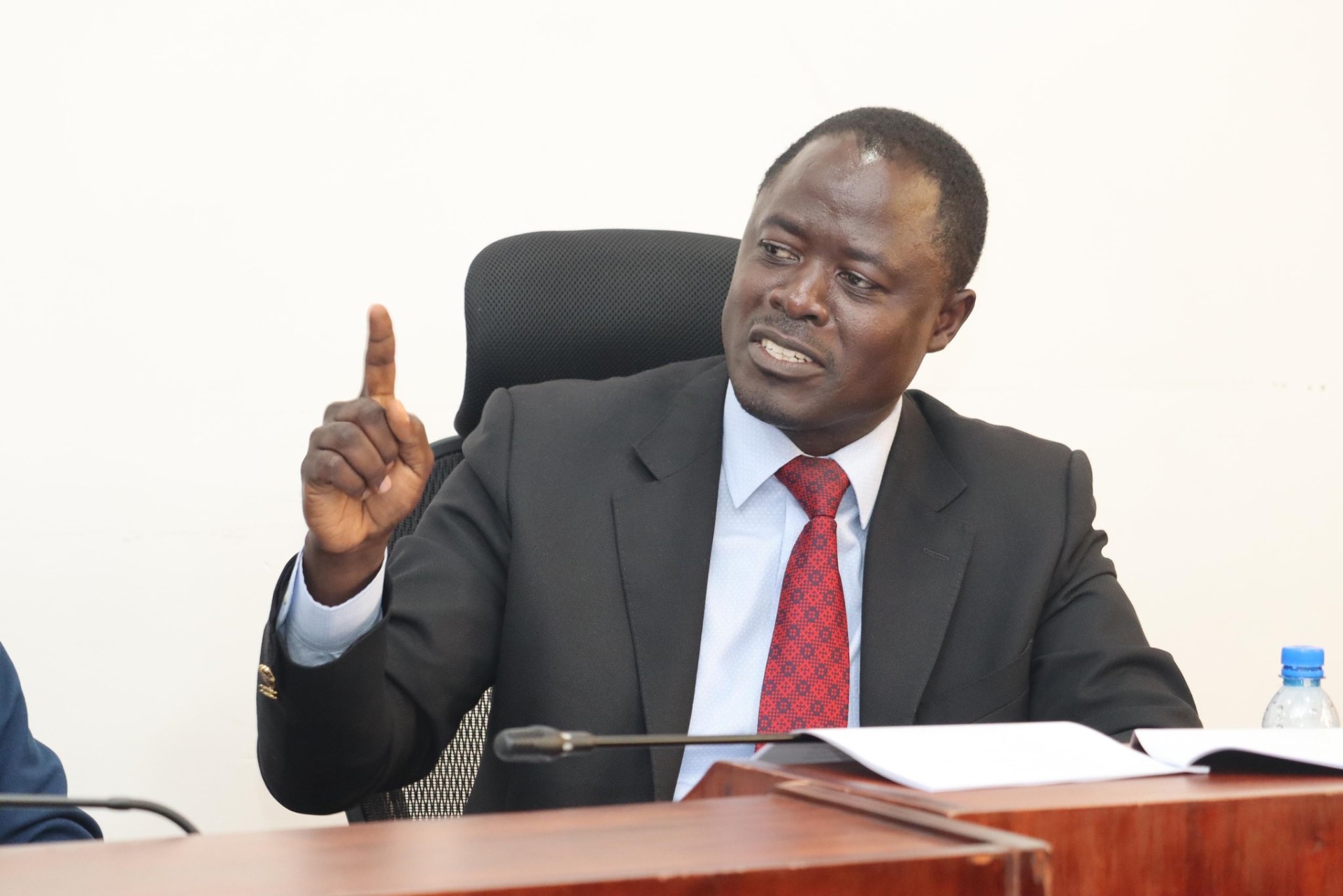Homa Bay Town MP Peter Kaluma has proposed the return of the 8-4-4 education system in Kenya to replace the newly introduced competency-based curriculum (CBC).
In a statement on Wednesday, October 23, 2024, Kaluma said that the country lacks proper facilities and resources to implement the CBC system.
According to Kaluma, learners in the CBC system have not been learning since the system was introduced in 2017.
“Kenya lacks facilities and resources to teach/implement Competency Based Curriculum (CBC). Our children are not learning. Let’s revert to 8.4.4 and save the future generations of Kenya,” Kaluma stated.
According to the United Nations Educational, Scientific and Cultural Organization (UNESCO), a competency-based curriculum is a curriculum that emphasizes what learners are expected to do rather than mainly focusing on what they are expected to know.
UNESCO had termed the 8-4-4 system as too rigid and with limited opportunities to align basic education with children’s career interests, aptitudes, and abilities.
Since its independence in 1963, Kenya first changed its education system in 1985, a proposal made by The Presidential Working Party on the Second University in Kenya established by former President the late Daniel Moi.
Following the commission’s advisory, there was a change of structure of education from seven years of primary education to eight, six years of secondary education to four and from a minimum of three years of university education to four, hence the 8-4-4 system.
CBC structure
The 8-4-4 system was retained until 2017 when the government introduced CBC in a bid to instil practical skills rather than theoretical know-how to learners.
Whereas the structure of education has remained intact since its implementation in 1985, the curriculum has undergone several reviews, in 1990, 1992, 1995, and 2003.
“Nevertheless, the majority of citizens feel strongly that the current system of education (including both structure and curriculum) are not fit for purpose. This was confirmed by findings of a summative evaluation, of primary and secondary education curricula, conducted by the Kenya Institute of Curriculum Development (KICD) in 2009; and a national needs assessment study, also conducted by KICD in 2016,” UNESCO stated in a 2017 report.
In the early years of education, CBC entails pre-primary 1 and 2 ( between ages 4 and 5) and lower primary education (grades 1, 2 and 3) for ages 6 to 8.
Middle school education covers upper primary education for grades 4, 5 and 6 (ages 9 to 11) and junior secondary education (grades 7, 8 and 9) for ages 12 to 14.
Senior school covers grades 10, 11 and 12 for ages 15 to 17. At this level, learners will have a choice of
joining one of three pathways: Arts and Sports, Social Sciences or Science, Technology, Engineering and Mathematics (STEM).










